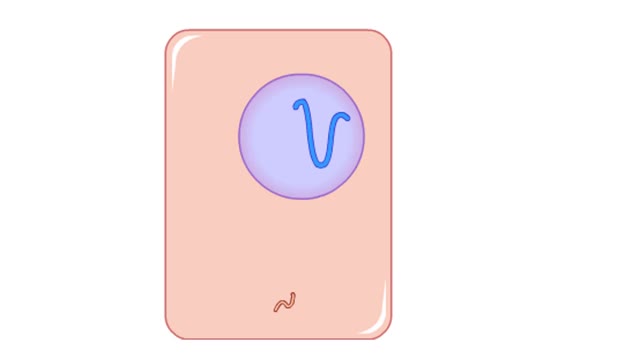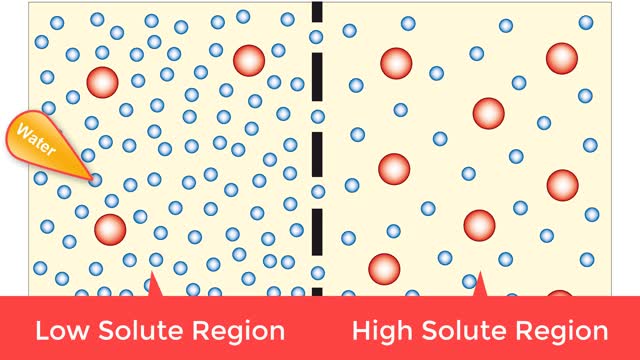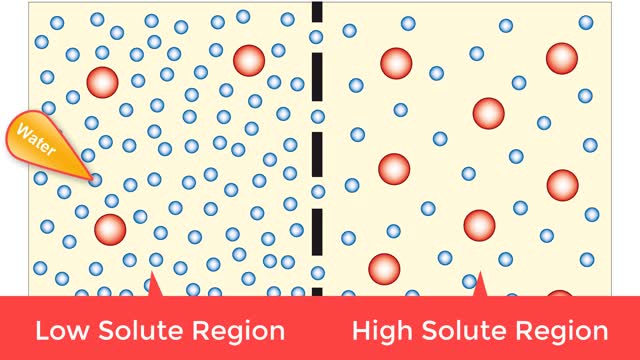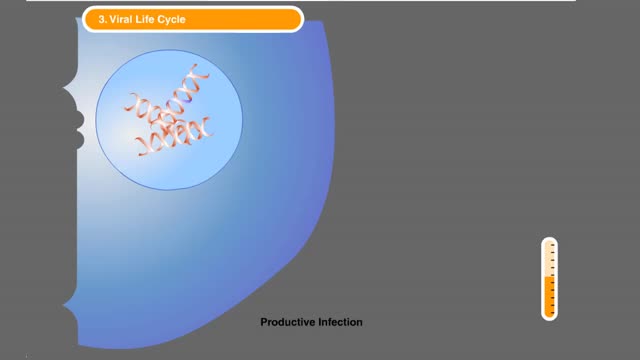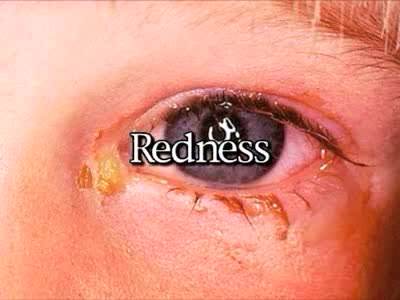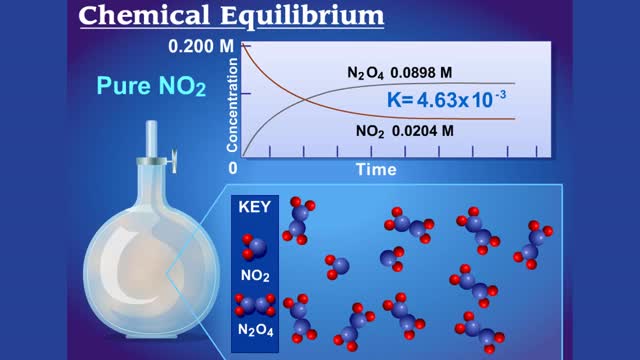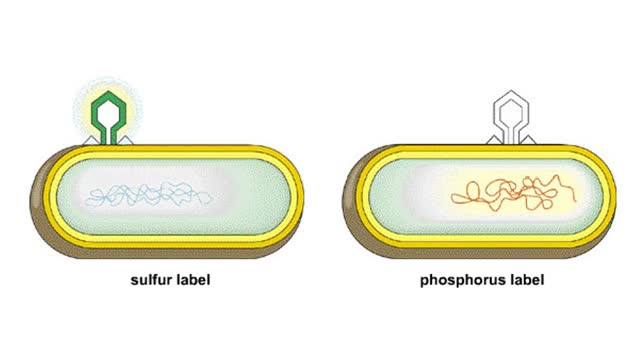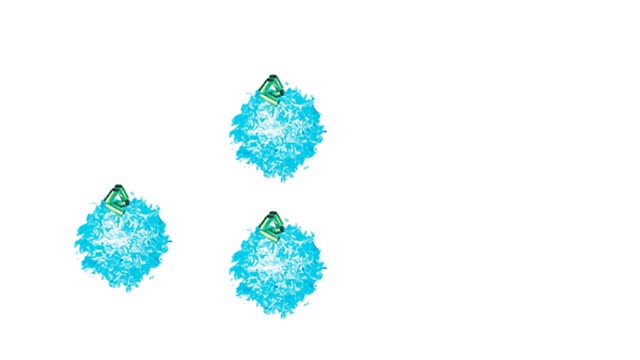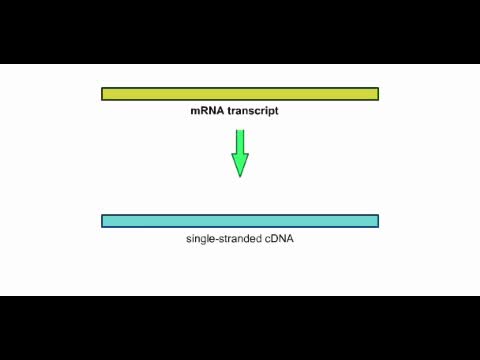Search Results
Results for: 'Viral reverse transcriptase'
HIV replication/ Replication cycle of HIV
By: HWC, Views: 8897
Replication cycle of HIV, one of the retroviruses. The HIV virus is surrounded by a lipid envelope with embedded proteins. A coat of viral proteins surrounds two strands of RNA and the enzymes used during replication. The virus attaches to and enters the host cell. Viral reverse trans...
By: HWC, Views: 9454
Osmosis is when a solvent, such as water, moves from a low-solute concentration solution to a higher-solute concentration solution through a semipermeable. Osmosis is an example of diffusion (a special case of diffusion) in which the molecules are water, and the concentration gradient occurs a...
By: HWC, Views: 8941
Osmosis is when a solvent, such as water, moves from a low-solute concentration solution to a higher-solute concentration solution through a semipermeable. Osmosis is an example of diffusion (a special case of diffusion) in which the molecules are water, and the concentration gradient occurs a...
HIV Infection: Viral life cycle
By: HWC, Views: 11144
The series of steps that HIV follows to multiply in the body. The process begins when HIV encounters a CD4 cell. The seven steps in the HIV life cycle are: 1) binding; 2) fusion; 3) reverse transcription; 4) integration; 5) replication; 6) assembly; and 7) budding. Many viruses f...
By: Administrator, Views: 14908
Conjunctivitis, also known as pink eye, is inflammation of the outermost layer of the white part of the eye and the inner surface of the eyelid. It makes the eye appear pink or reddish. Pain, burning, scratchiness, or itchiness may occur. The affected eye may have increased tears or be "stuck shu...
Chemical Equilibrium between N2O4 (colorless gas) and NO2 (brown gas)
By: HWC, Views: 10978
For a system at equilibrium: ◆ both forward and reverse reactions are occurring simultaneously ◆ rate of forward reaction must equal rate of reverse reaction OR Rate forward = Rate reverse ◆ concentrations of reactants and products remain constant with time the equilibrium positio...
By: HWC, Views: 8910
Hershey and Chase knew that T4 bacteriophages consist of proteins and DNA. They asked which viral component must enter a bacterial cell to infect it: DNA or protein? They grew viruses with either radioactive sulfur, which labels the viral protein, or radioactive phosphorus, which labels DNA. ...
Cell mediated immune response to a viral infection Animation
By: HWC, Views: 7633
Intracellular pathogens are the targets of cell-mediated immune response. The process begins when a virus infects a macrophage. Another macrophage engulfs the same virus or an antigen from it. In both cells, enzymes cleave the viral antigens into small bits. The fragments move to the cell sur...
By: HWC, Views: 6180
This animation shows how an mRNA transcript can be used to make a cDNA strand.
Advertisement



